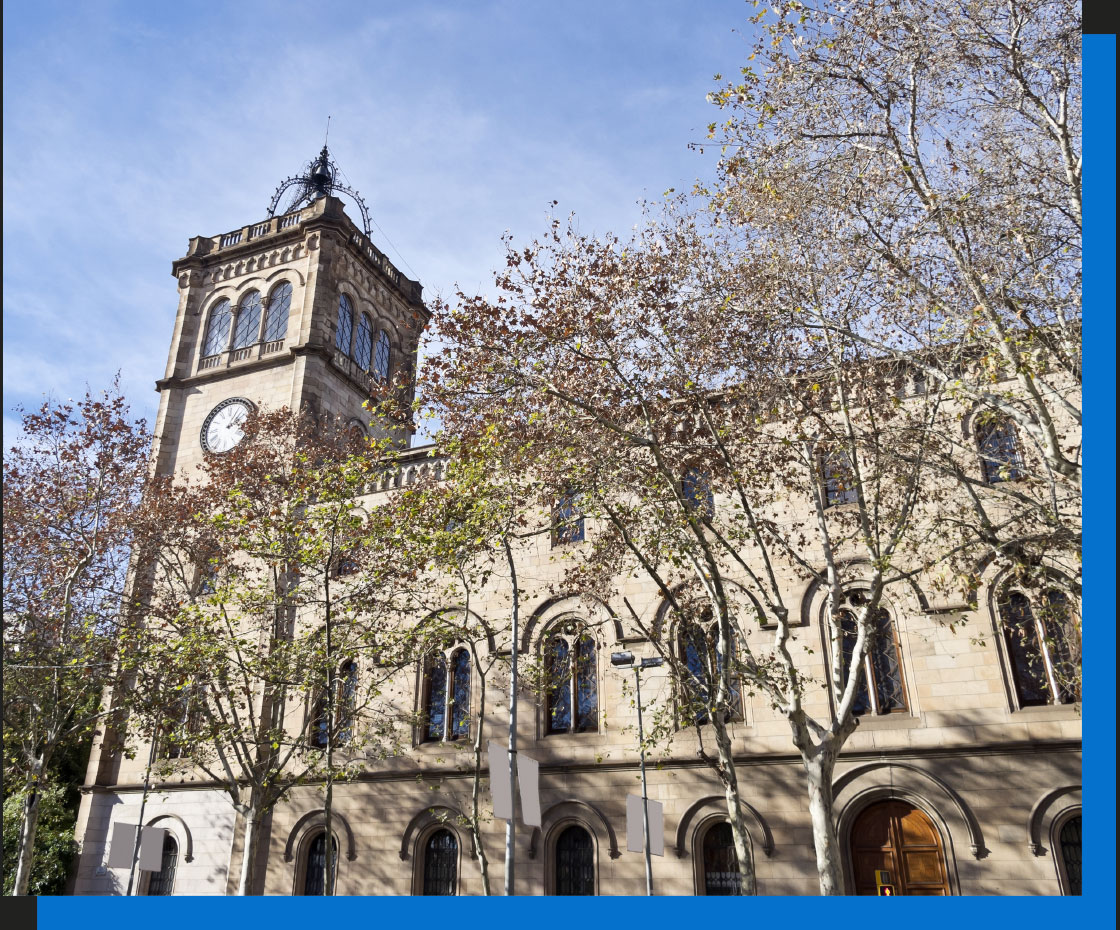L’estudi empíric de les institucions i les polítiques públiques a través dels governs locals i altres nivells territorials
L’àmbit de recerca del GREL és l’estudi dels diferents nivells territorials, amb especial èmfasi en els governs locals, utilitzant una perspectiva
comparada que integri les dimensions catalana, espanyola, europea i internacional.
El GREL articula la seva activitat en línies de treball concentrades en àrees d’estudi emergents, a partir d’una perspectiva interdisciplinària i amb una decidida voluntat d’aprofundir en la prospectiva social i institucional. Un dels principals objectius és facilitar un intercanvi entreestudiosos, experts, acadèmics, polítics i ciutadans per a la millora social i institucional dels diferents nivells territorials.
RECOLZAMENT
Un projecte adscrit a la Universitat de Barcelona
El GREL s’adscriu a l’àrea de Ciència Política de la Facultat de Dret de la Universitat de Barcelona i està format per investigadors i investigadores que desenvolupen les seves tasques professionals des de les universitats o des de diverses institucions.
El GREL ha obtingut reconeixement per par de la Generalitat de Catalunya des de 2009 (SGR). També, ha rebut finançament de forma regular de diverses fonts nacionals i internacionals, tant de l’àmbit públic com privat.
OBJECTIUS
Els tres objectius estratègics fonamentals del GREL són:
1. Millora dels mètodes
La voluntat de promoure models metodològics de contingut empíric enl’àmbit de les ciències socials, i, específicament, en els estudis dels governs locals i dels diferents nivells territorials i en l’anàlisi institucional en general. Aquest objectiu implica el desenvolupament i la millora d’eines metodològiques que promoguin la col·laboració amb altres àrees de coneixement.
2. Recerca d’alt nivell
El Grup de Recerca es situa en el mapa de grups de recerca competitius de més alt nivell a escala internacional. Els seus membres col·laboren regularment a les xarxes com ECPR o EURA i publiquen a prestigioses revistes nacionals i internacionals com ara Local Government Studies, Urban Studies, Political Geography, Information Polity, Urban Research & Practice, Revista Española de Ciencia Política o Gestión y Análisis de Políticas Públicas, entre d’altres.
3. Transferència de coneixement
El grup busca de forma permanent la transferència de coneixement entre la Universitat, altres administracions públiques, els sectors empresarials i els decisors polítics. D’aquesta manera es pretenen recollir els resultats de la recerca en models i eines aplicables a les institucions, i que esdevinguin eines de millora social i política.










